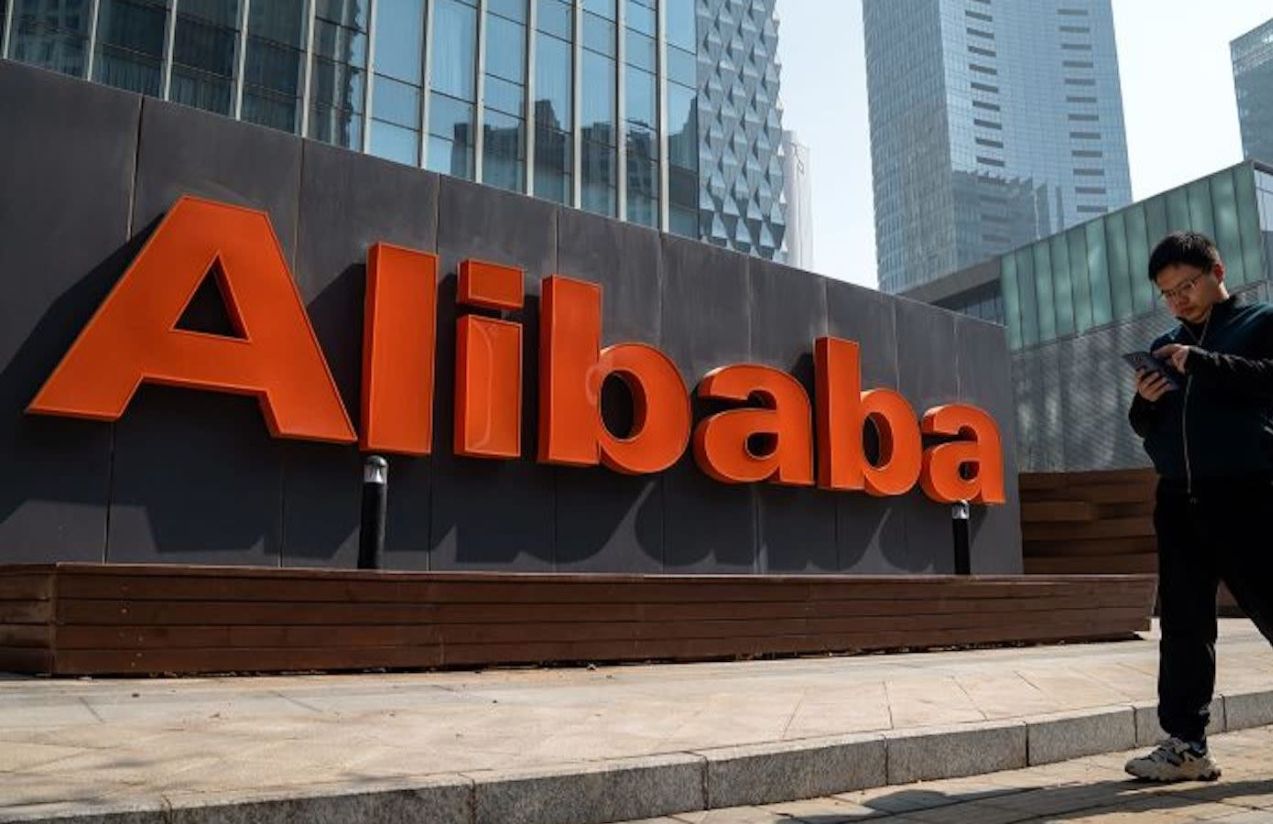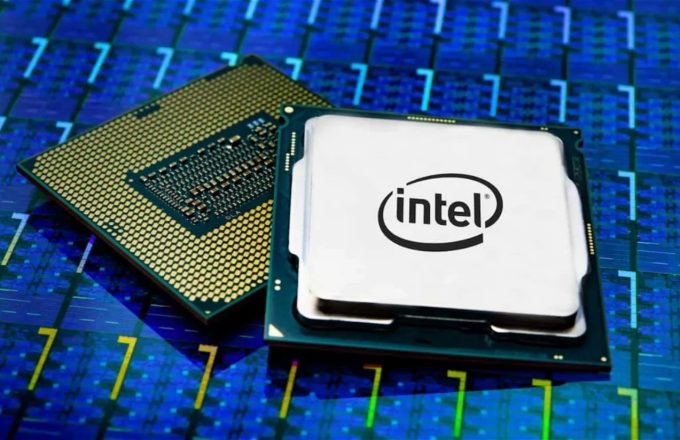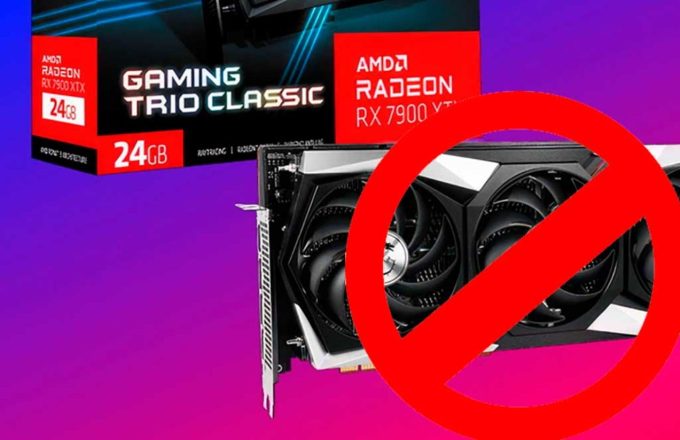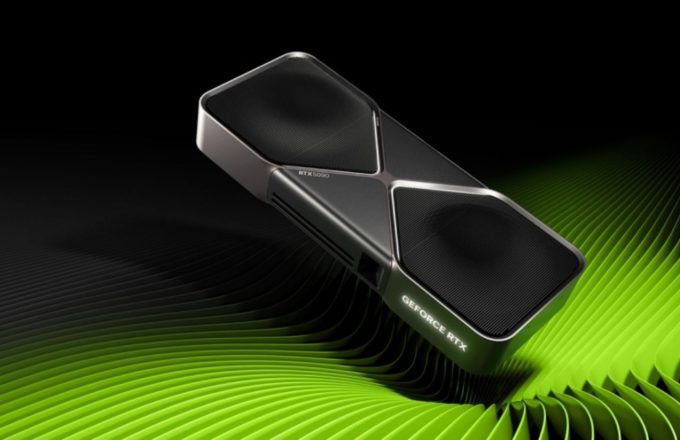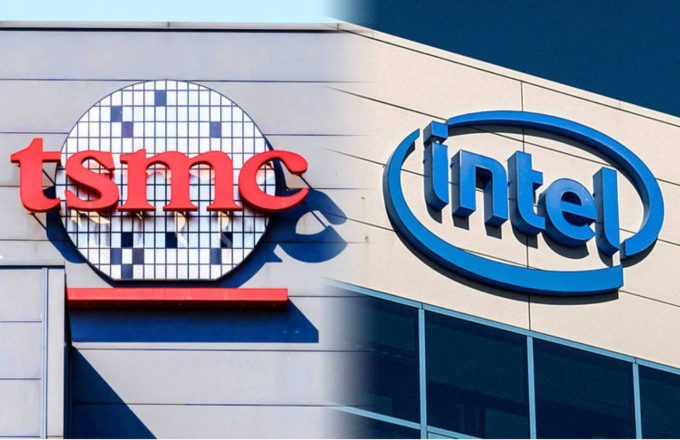Apple has decided to collaborate with Chinese tech giant Alibaba to bring its artificial intelligence (AI) services to the world’s largest mobile phone market, clearing up months of uncertainty about its strategy in China.
“Apple was very selective. They spoke with several companies in China, and in the end, they chose to do business with us. They want to use our AI to power their phones,” said Joe Tsai, chairman of Alibaba, during a speech at the World Government Summit in Dubai. However, he did not provide details on when the services would be implemented or whether Alibaba would be Apple’s exclusive partner in this initiative.
The news was first reported by The Information, which revealed that Apple also considered other Chinese AI companies, including DeepSeek, Baidu, ByteDance, and Tencent, before ultimately choosing Alibaba.
So far, Apple has only been able to launch its AI system, Apple Intelligence, in countries like the U.S., Canada, the UK, and Australia due to regulatory restrictions in China. Local laws require foreign AI operators to partner with a domestic company and obtain government approval.
This move comes at a crucial time for Apple, which has been losing ground in China to local brands like Huawei and Vivo. Lucas Zhong, an analyst at the market research firm Canalys, noted that while AI integration could help Apple regain users, the challenge remains significant.
For years, Apple dominated the high-end smartphone market in China until Huawei began to pose a serious challenge. However, in 2019, the U.S. government, under President Donald Trump, imposed trade restrictions on Huawei, which initially hurt the company’s business. Over time, Huawei adapted and innovated, culminating in the 2023 launch of the Mate 60 Pro, a device that generated significant interest and even prompted a U.S. government investigation. Huawei’s resurgence, fueled in part by patriotic sentiment in China, has strengthened its market position.
In 2023, Huawei captured 16% of the Chinese smartphone market, surpassing Apple, which dropped to 15%, according to Canalys data. The previous year, Apple led with 19%, while Huawei held 12%.
The confirmation of Apple’s partnership with Alibaba has boosted investor confidence in Alibaba. Its Hong Kong-listed shares have surged more than 40% since January, when they hit a two-year low.
Meanwhile, competition in AI continues to intensify. In January, Chinese startup DeepSeek unveiled an AI model that caught Wall Street by surprise. Shortly after, Alibaba introduced the latest version of its Qwen AI model, claiming it outperforms its competitor’s R1 model.


